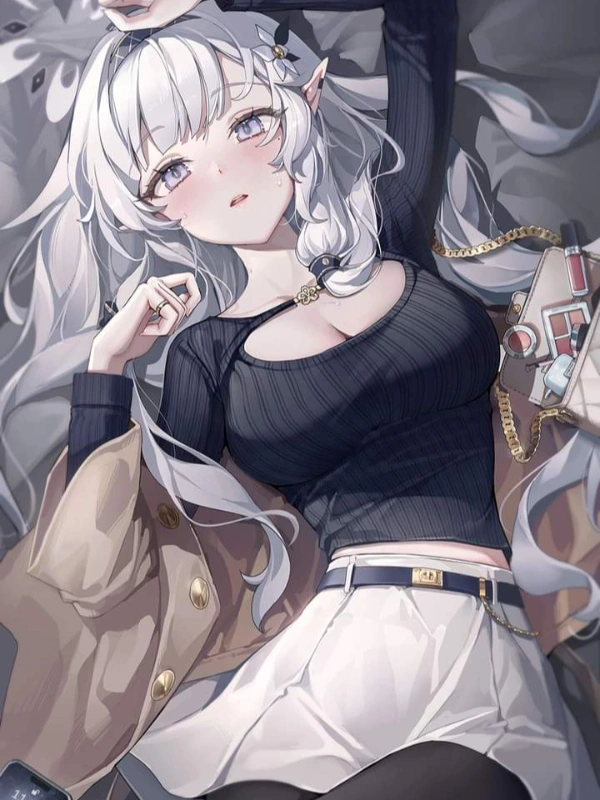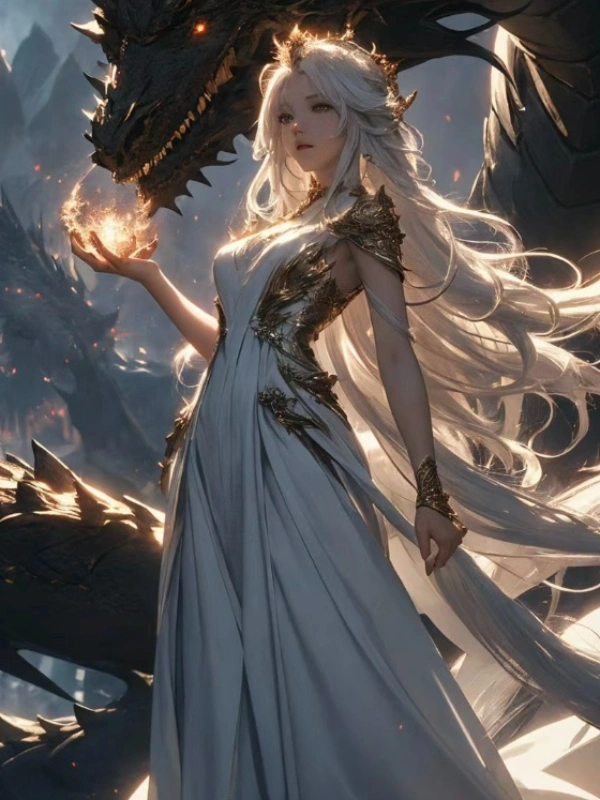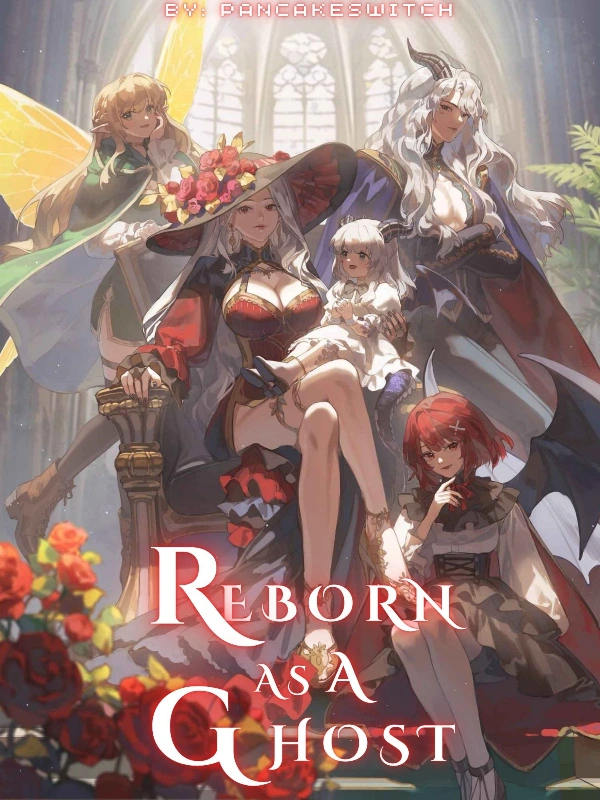I Enslaved The Goddess Who Summoned MeChapter 157: The Greek Kings
“Lands in sight!” a sailor’s voice rang out, breaking the rhythmic sounds of waves lapping against the ship’s hull. His shout spread like wildfire across the deck, stirring the crew from their tasks and waking those who had been resting. All eyes turned toward the horizon, and there, barely distinguishable against the vast expanse of blue, was the faint outline of land.
An island.
After a grueling week at sea, with nothing but the endless waters surrounding them, the sight was a balm to their weary souls. The tension that had been building during the long voyage finally began to ease. Murmurs of excitement rippled through the crew, and even the most battle-hardened soldiers aboard felt a surge of anticipation. The shores of Troy were now within reach.
The sea was filled with countless ships, their towering sails casting shadows across the water, creating the illusion of a forest of masts stretching into the distance. These vessels were no ordinary ships; they bore the finest soldiers from every corner of the Achaean kingdom. Warriors, each bound by a shared purpose—to wage war under the banner of the Olympian gods.
They were the Great Army of the Greeks, assembled to lay siege to the walls of Troy.
On one of the largest ships, a young man with sharp, handsome features stood at the bow, his gaze fixed on the distant land. A wide grin spread across his face, his golden hair catching the sunlight as the wind tugged at it. “Troy, at last,” he muttered, his voice filled with a mix of triumph and anticipation.
This was Jason, the famed Hero of the Argonauts, the man who had once led an intrepid crew on a perilous journey in search of the Golden Fleece.
Though his quest had ended in failure—thanks to a mysterious and unwelcome intruder—Jason’s renown remained undiminished. His name still held weight across Greece, and now, he had a second chance to carve his place into the annals of history. This time, he would not fail. The war against Troy would be the stage upon which his legend would be reborn, and he was determined to see it through.
Beside him stood a figure even more imposing—broad-shouldered and towering in stature, with muscles that seemed hewn from stone. His skin gleamed in the sunlight, and his eyes were as clear and bright as the sky above them. This was Heracles, son of Zeus, the demigod whose feats of strength and endurance had made him a living myth.
Yet despite his reputation, there was an air of disinterest about him as he leaned against the ship’s railing, watching the horizon with a quiet intensity.
“Are you ready, Heracles?” Jason asked, his voice filled with the enthusiasm that was conspicuously absent in his companion.
Heracles glanced at him, his expression neutral. “Yes, though I have little interest in this war,” he admitted, his deep voice resonating like thunder in the wind.
Jason raised an eyebrow, surprised by the admission. “Then why are you here?”
Heracles looked skyward, as if searching for an answer in the clouds. “Hera asked me to come,” he said simply. His tone was neither bitter nor resentful, merely matter-of-fact. “I couldn’t refuse her.”
It was a surprising answer, given the history between Heracles and Hera. The queen of the gods had been the bane of Heracles’ existence, ever jealous of him as the product of one of Zeus’s many infidelities. Yet over time, their relationship had shifted.
Hera had come to appreciate the strength and resilience of the demigod, perhaps because, despite their past animosity, Heracles had carried out many of her commands with unwavering obedience. And, as Jason mused, Heracles’ very name was a tribute to her—a subtle acknowledgment that had perhaps softened the goddess’s wrath.
“Well, whatever her reasons, I’m glad you’re here,” Jason said with a grin, clapping Heracles on the shoulder. “With you by our side, and the other heroes backing us, this war won’t last long.” His eyes drifted to the other ships surrounding theirs, where he could make out the figures of the greatest kings and warriors of Greece.
Men whose names had already become legend: Achilles, the peerless warrior, Odysseus, the cunning strategist, and Agamemnon, the commanding king whose will had united them all.
°°°°° ϺƲ∟ΞᎷƤႸᏒ.СӨМ
After an hour, all the ships had berthed safely on the shores of Troy. The Achaean forces, numbering in the thousands, disembarked with an eerie calm, as if expecting an immediate clash. But there were no surprise attacks from the Trojans. It seemed the defenders had chosen to remain within the safety of their towering walls, conserving their strength for the inevitable siege.
The Trojans, wise in the art of war, had no interest in wasting their soldiers on futile skirmishes when they had the advantage of formidable fortifications.
Within another hour, the Achaean camp was fully established. Rows of tents stretched across the coastline, each group of soldiers organized by their city-states or allegiances. Despite their shared goal—the conquest of Troy—there was little camaraderie among them.
Distrust lingered, heightened by their competitive natures and the knowledge that glory would be earned by the mightiest, not the most cooperative. They were allies for now, but none were eager to make friends.
This was particularly true for a group camped furthest from the Greeks, a contingent from the distant Empire of Light. Their foreign customs and aloof demeanor set them apart, drawing frowns from the Greek warriors, who regarded them with suspicion. Though bound by the same cause, the differences between them were as vast as the sea they had just crossed.
At the heart of the sprawling camp stood the largest and grandest tent, the central hub for strategy meetings and war councils. It was a colossal structure, draped in regal colors and adorned with banners from every corner of the Achaean world. Inside, a throne fit for a king dominated the room, and upon it sat a man who radiated authority and power.
He was Agamemnon, King of Mycenae and the undisputed leader of the Greek forces—a man whose very presence demanded obedience.
Agamemnon was a sight to behold. Though well into his forties, his muscular frame and sharp gaze revealed the vitality and strength of a man still in his prime. His thick beard framed a face hardened by years of war, and his eyes gleamed with ambition. He was the king of kings, the only one capable of uniting all the disparate Greek forces under one banner.
Yet, beneath his calm exterior, Agamemnon was as ruthless as he was calculating. He knew that this war was not just about the fall of Troy but about securing his legacy as the greatest ruler Greece had ever seen.
Gathered before him were the greatest heroes and legends of the Achaean world. Each of them renowned, each with a role to play in the coming conflict.
Menelaus, King of Sparta, stood at his brother’s side, his face twisted with fury. It was his stolen wife, Helen, that had sparked the flames of this war, and the anger that burned within him showed no sign of waning. His hatred for Paris, the prince of Troy who had taken Helen, was palpable, and he longed for the day when he could spill Trojan blood.
Beside him was Odysseus, the King of Ithaca, his sharp eyes scanning the room with a calculating gaze. Known as the most cunning and intelligent man to ever be born, Odysseus was lean and serious, his mind always a step ahead. Where others relied on brute strength, Odysseus relied on wit.
Heracles, the towering son of Zeus, stood like a living mountain, his presence almost overshadowing the others. His strength was legendary, and even among this assembly of great men, he was regarded with awe.
Diomedes, King of Argos, waited with arms crossed, his handsome face betraying no emotion. He had earned a reputation as a fearsome warrior, and though he remained silent, his mind was already on the battlefield.
Standing nearby was Ajax, King of Phthia, whose towering frame and arrogant grin made him nearly as imposing as Heracles.
Lastly, there was Nestor, the elderly King of Pylos, who had earned his place at Agamemnon’s side not through brute force but through wisdom. A veteran of countless wars, Nestor now served as an advisor, his vast experience invaluable to the younger leaders. Though his fighting days were behind him, his counsel carried weight in every discussion.
Agamemnon’s glowing eyes swept over the assembled heroes.
“Shall we begin?”
PrevNextComments
Lock ThreadLock ThreadLoginAdd CommentM ↓ Markdown Help?Commento++
pronovels.com




















